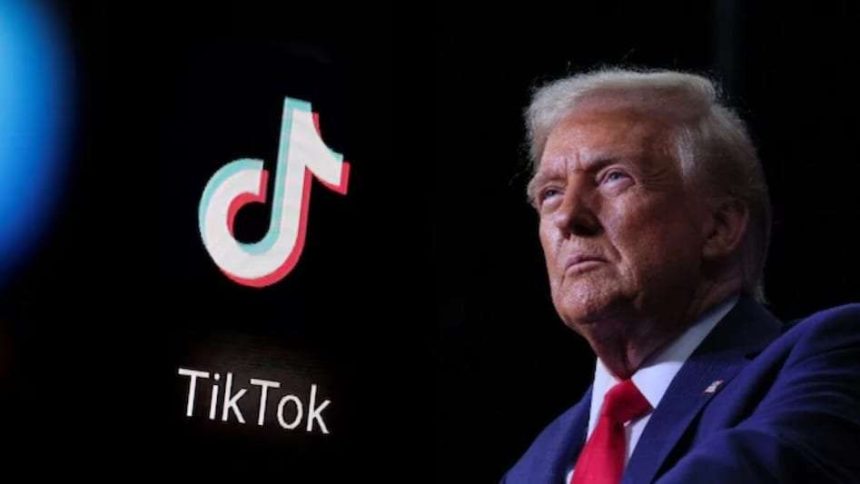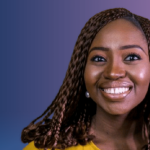In a move that could ripple far beyond U.S. borders, former U.S. President Donald Trump announced that a buyer is lined up to acquire TikTok’s American operations.
Speaking in a Fox News interview, Trump revealed that the Chinese government would likely have to approve the deal but refrained from disclosing the buyer’s identity, describing them only as “a group of very wealthy people.”
“We have a buyer for TikTok,” Trump stated. “I think I’ll probably need China’s approval, and I think President Xi will probably do it.”
His comments come amid continuing tensions over TikTok’s ownership. Despite a U.S. law demanding TikTok be sold by its Chinese parent, ByteDance, or face a ban, enforcement has been repeatedly delayed by Trump himself.
As of now, ByteDance has until mid-September 2025 to finalize a sale, or risk losing TikTok’s American user base—a decision that could reverberate worldwide, including in Nigeria.
Launched in 2016 by Chinese tech company ByteDance, TikTok quickly became one of the world’s fastest-growing apps. It allows users to create and share short videos, often featuring music, comedy, or viral challenges.
As of early 2024, TikTok reported over 1 billion monthly active users globally, with estimates suggesting that Nigeria alone has over 20 million users. The app’s algorithm is widely credited for propelling unknown creators to fame in record time.
However, TikTok’s ties to China have drawn scrutiny, especially in the U.S., where officials claim the platform could expose user data to the Chinese government—a claim ByteDance has repeatedly denied.
WHY IT MATTERS
TikTok isn’t just a U.S. phenomenon—it’s a global platform, with Nigeria ranking among its rapidly growing markets in Africa. Nigerians use the app for comedy skits, business promotions, activism, and even political engagement.
A ban—or even changes in how the platform operates in the U.S.—could impact algorithms, global revenue streams for creators, and how content is moderated across countries.
For Nigerian influencers, marketers, and young entrepreneurs, uncertainty around TikTok’s ownership raises questions about future visibility, monetization, and access to audiences both at home and abroad.
TALKING POINTS
Analysing from a business stand point, creators need to ramp up contingency plans. Without an attempt to set up a panic wave in the space, Nigerian influencers on TikTok should consider diversifying into other platforms.
It is only reasonable to stamp out the chances of one algorithm holding one’s entire brand hostage. It’s probably time for them to grow their audience across YouTube Shorts, Instagram Reels, or any other emerging local platforms.
It could be disastrous to waiting for an executive order in Washington to decide one’s paycheck.
As an African eye, we also feel Africa needs to rise beyond being users to becoming owners. Like Calendly. We need Global names built and owned by our people else we will continue to witness a global digital colonialism where we are mere victims and not architects?
With the TikTok saga for instance, we are vulnerable as Africans because our data, our culture, and our creators fuel profits in Beijing, San Francisco, and now possibly Washington.
It is equally important that Africa wake up and smile the coffee. The Digital Cold War is Already Here. China vs. the U.S. isn’t just a trade war—it’s a digital Cold War. Apps, data, and influence are the new nuclear weapons. And Africa is one of the biggest battlegrounds because we have a young, tech-hungry population. The question is: Will we play a decisive role, or remain pawns in someone else’s chess game?
As venture analysts, we must not see Trump’s TikTok sale as just U.S. political theatre as it’s a glimpse into how fragile Africa’s digital ecosystem really is when foreign powers pull the strings. If Africa wants to be taken seriously in the digital economy, we can’t keep dancing to the algorithms of others forever.
Who will lead this conversation?





